In an attempt to enhance the educational infrastructure, the Union Cabinet, chaired by Prime Minister Narendra Modi, has approved the establishment of 85 new Kendriya Vidyalayas (KVs) under the civil and defense sectors across India.
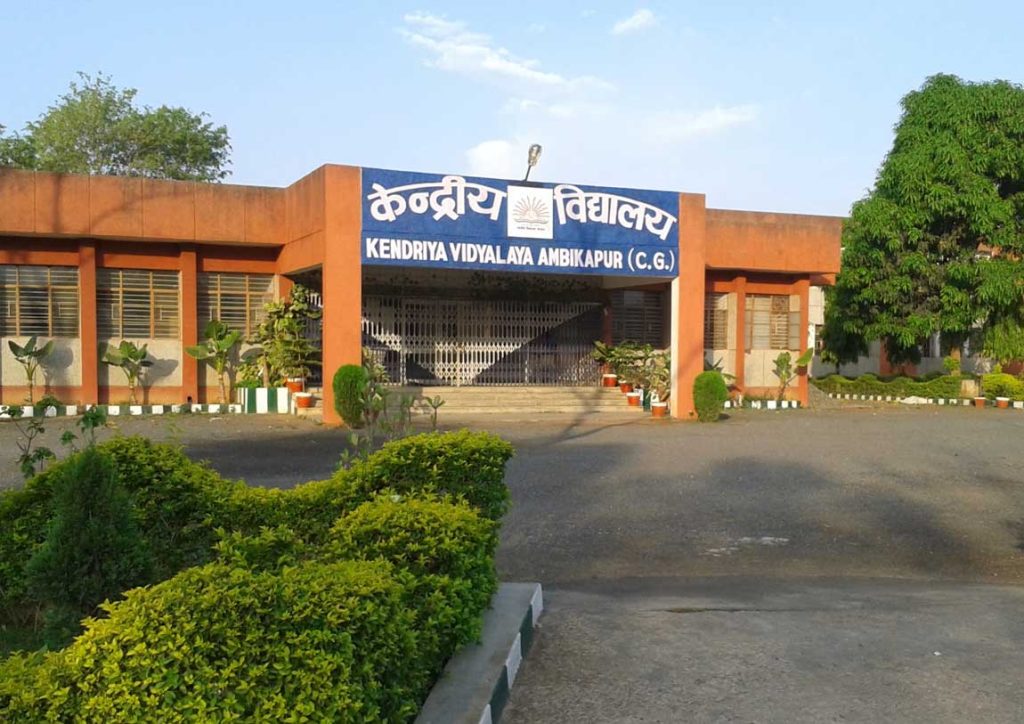
This would mean expanding the Kendriya Vidyalaya Sangathan (KVS) network to provide quality education to 82,560 students.
Currently, there are 1,256 operational Kendriya Vidyalayas, including three abroad in Moscow, Kathmandu, and Tehran, serving over 13.56 lakh students.
The approval includes expanding one existing Kendriya Vidyalaya in Shivamogga, Karnataka, by adding two additional sections in all classes.
Why the expansion?
Kendriya Vidyalayas are some of the most sought-after schools in India.
This expansion comes amid a notable increase in demand for KV admissions, with the schools consistently performing well in Central Board of Secondary Education (CBSE) examinations.
The new KVs will meet the educational needs of the children of transferable central government and defense employees and aim to uplift educational standards in rural and underserved areas.
As part of the National Education Policy (NEP) 2020, nearly all KVs have been designated as PM Shri schools, intended to act as exemplars in implementing new educational policies and practices.
Union Minister Ashwini Vaishnaw, while briefing the media, emphasized the government’s dedication to educational equity and quality, stating, ‘This step will further our commitment to providing top-tier education to every child, regardless of where they are in India.’
Estimated Cost
The estimated cost for setting up these new schools and expanding the existing ones is approximately Rs 5,872.08 crore, spread over eight years from 2025-26. This financial plan encompasses capital expenditure of Rs 2,862.71 crore and operational costs of Rs 3,009.37 crore.
The list of new KV institutions
The approval aims to distribute educational resources more evenly across various states, including Rajasthan, Andhra Pradesh, Odisha, and others. Jammu and Kashmir was allotted 13 institutions.

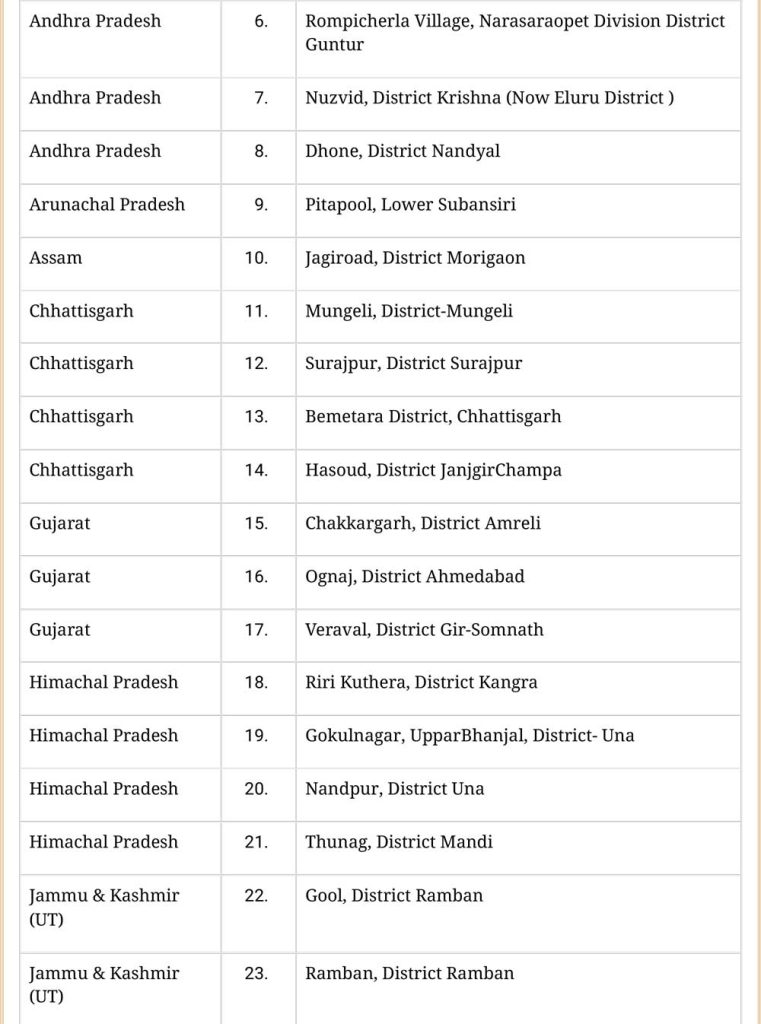
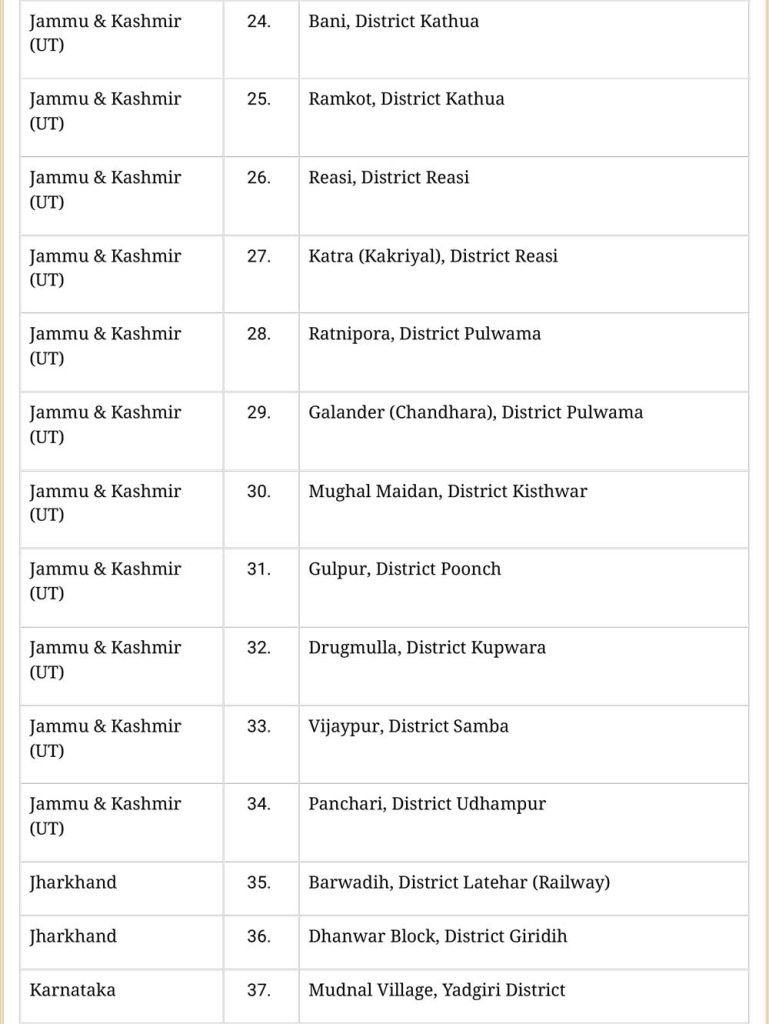
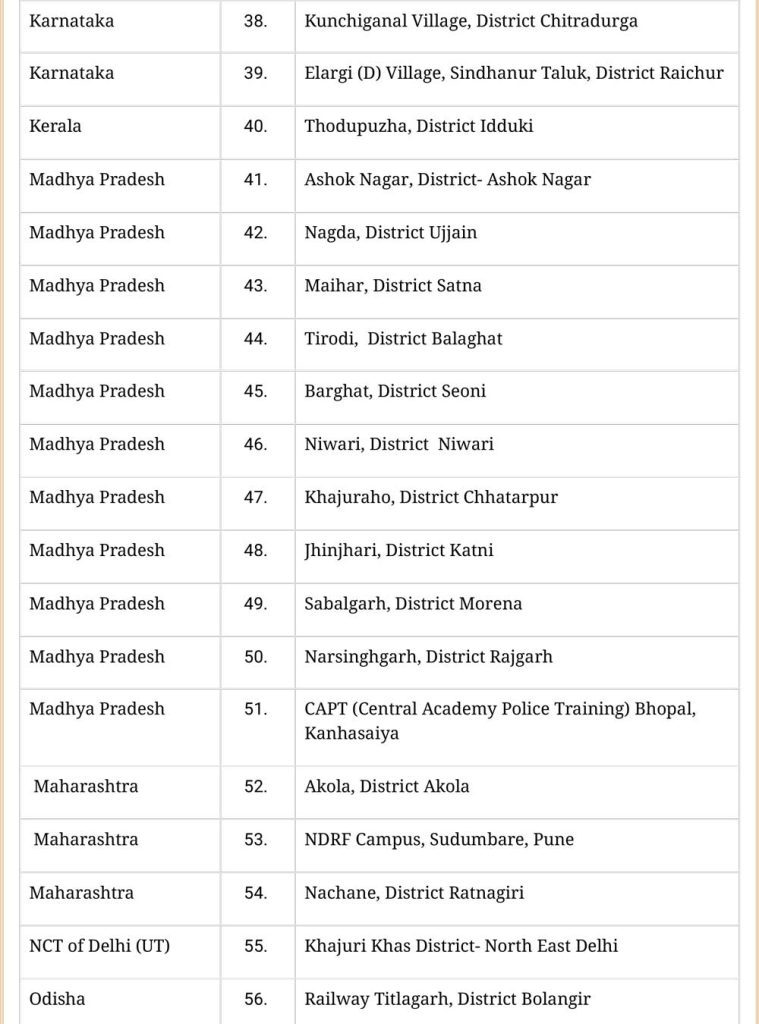
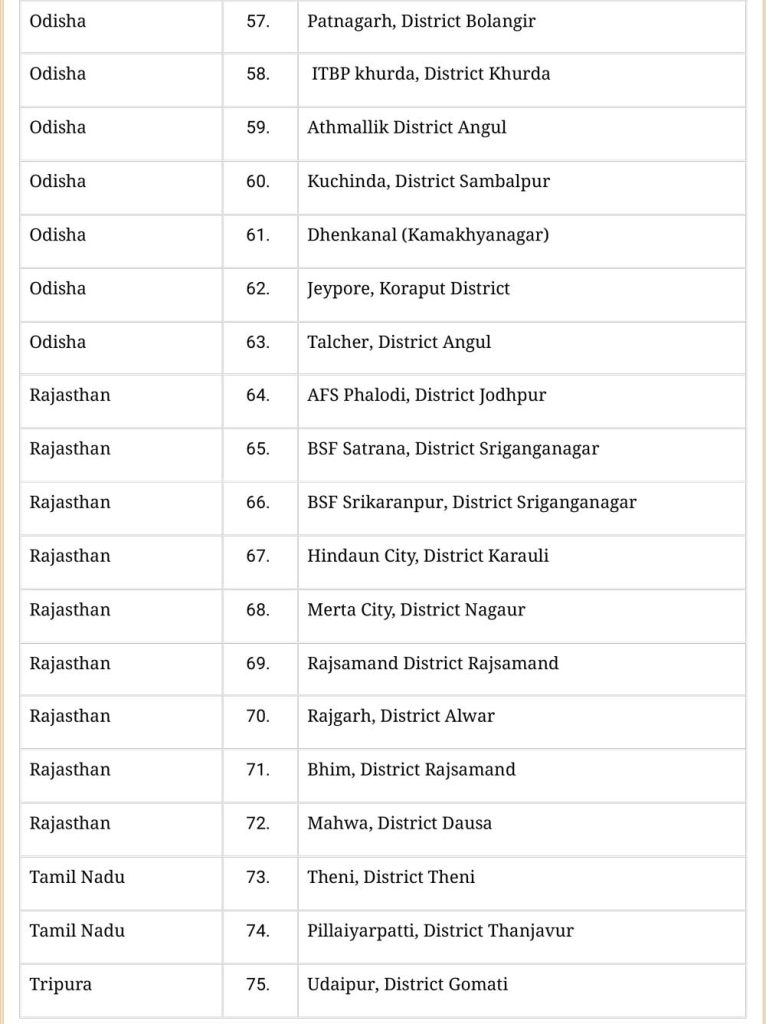

A welcome move
Educators, parents, and students have welcomed the move, which they see as a positive step toward strengthening the country’s educational framework.
However, some critics highlight the need to ensure that the expansion would not compromise the quality of education because of the rapid scaling.
More Jobs
The initiative is expected to create 5,388 direct permanent employment opportunities, with construction and allied activities likely to generate additional jobs for skilled and unskilled workers.
The Cabinet’s decision aligns with the government’s broader vision of ‘Viksit Bharat’ (Developed India), focusing on educational development as a cornerstone for national progress.